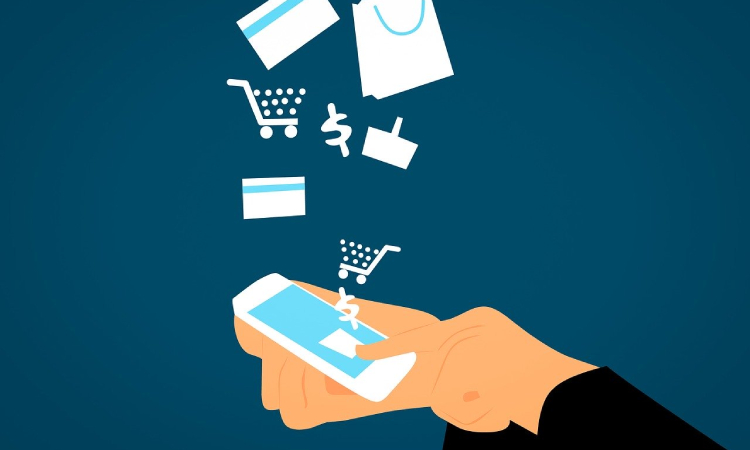In the modern world, where technology permeates every aspect of our lives, it is not surprising that even personal finance management has been transformed through mobile apps. Personal finance apps have become essential tools to help people control their spending, save money, invest smartly and achieve their financial goals. In this article, we will explore the growing importance of these apps and how they can be used to improve individual financial health.

How Personal Finance Apps Work
Personal finance apps offer a wide range of features designed to simplify users' financial lives. These features typically include:
1. Expense Tracking
Many apps allow users to automatically categorize and track their daily spending, providing a clear view of where money is being spent. This helps identify areas of overspending and enables you to create a realistic budget.
2. Budgeting
Creating a budget is essential to keeping your finances under control. Personal finance apps allow users to set monthly spending goals in different categories, receiving alerts when they approach established limits.
3. Debt Tracking
For those with debt, these apps offer tools to track loans, credit cards and other financial obligations. This helps in organizing payments and developing strategies for faster payment.
4. Savings and Investment
Some personal finance apps offer automated savings features, where a set amount is transferred to a savings account on a regular basis. Additionally, they can provide information about investment options, helping users make more informed financial decisions.
5. Trend Analysis
Based on data collected over time, these apps can offer insights into spending patterns and financial trends. This allows users to make adjustments to their financial approach and make more informed decisions.
The best finance apps
- Mint: A comprehensive app that helps users track their spending, create budgets, monitor investments, and manage debt.
- YNAB (You Need A Budget): This app is based on the philosophy of allocating funds for every dollar, helping users prioritize and control their spending.
- Personal Capital: Offers tools for expense tracking, retirement planning, investment management, and portfolio analysis.
- PocketGuard: With a focus on simplicity, PocketGuard helps users track their spending, set goals and generally control their finances.
- Goodbudget: Inspired by the envelope method, this virtual app allows users to allocate funds to specific categories and track their spending.
- Simplifi by Quicken: It offers a clear overview of personal finances, helping to create budgets, track accounts and financial planning.
- Wally: It allows users to track spending and expenses, take photos of receipts, and monitor their financial habits.
- Clarity Money: Focused on helping users save money, this app offers insights into recurring expenses and suggests savings opportunities.
- Acorns: A unique approach to savings and investing where small change from purchases is rounded up and invested automatically.
- Robinhood: While it's not exclusively a personal finance app, it allows users to buy, sell and track investments without brokerage fees.
- Chimes: A digital bank that offers automated savings features like rounding up purchases and automatic transfers to savings.
Conclusion
Personal finance apps represent a revolution in the way we handle our money. They empower individuals to take more effective control over their finances, set realistic goals, and make more informed financial decisions. The combination of technology with financial management has the potential to significantly improve the financial health of anyone willing to adopt these tools into their routine. So, consider exploring the world of personal finance apps and reap the benefits of a more solid and balanced financial life.